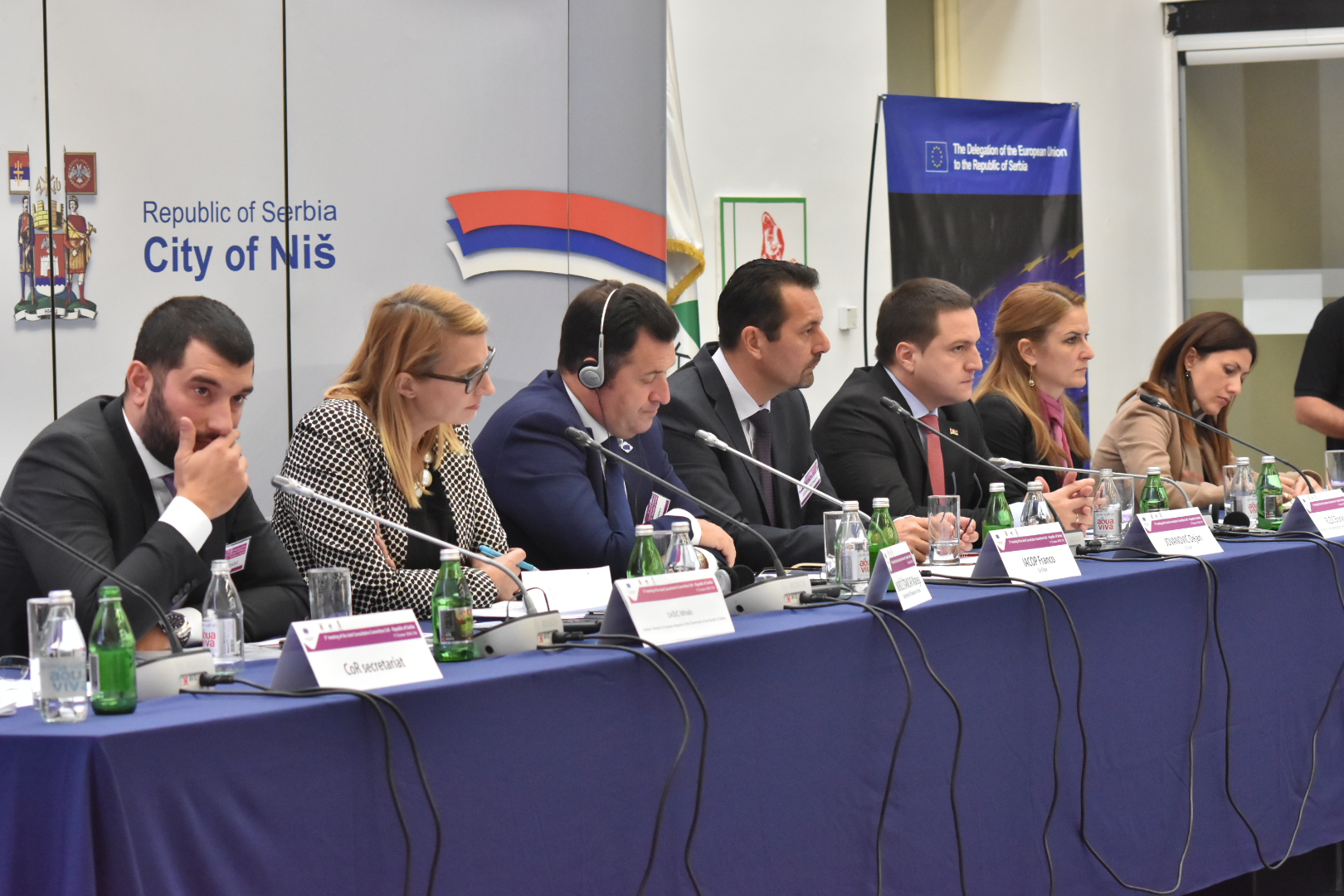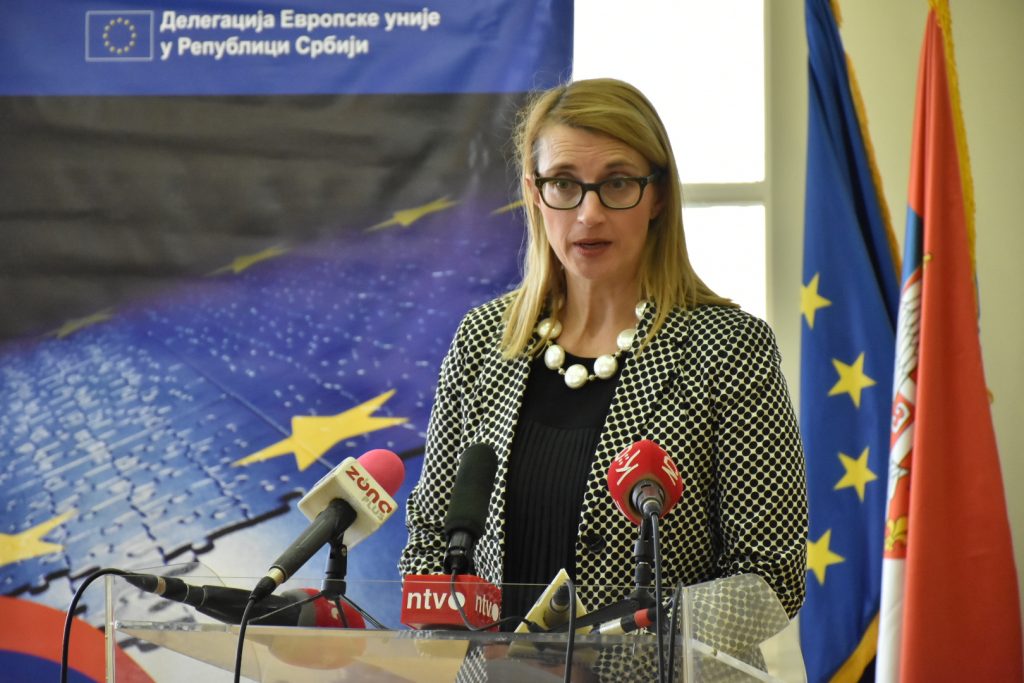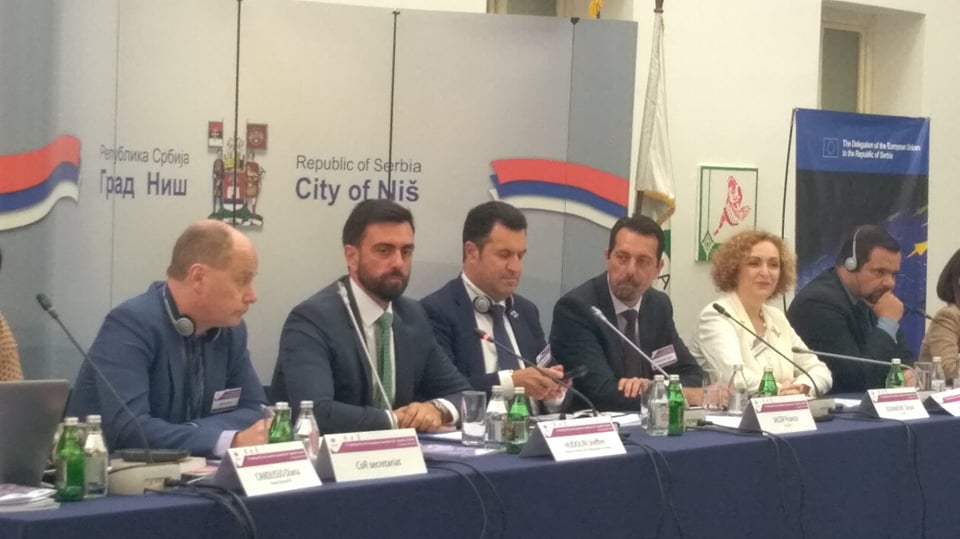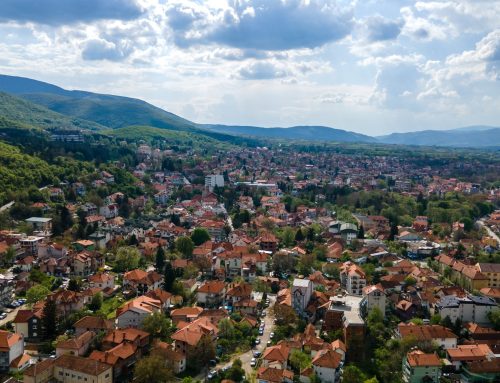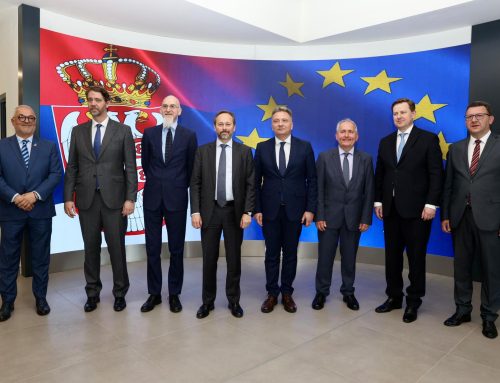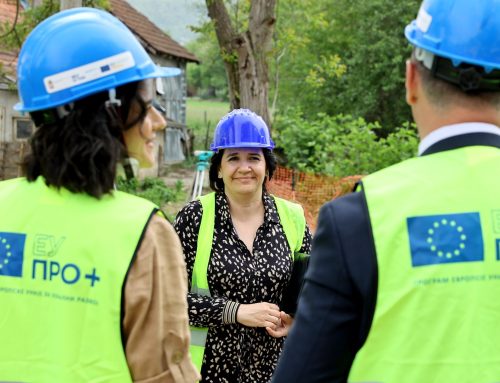5th meeting of the EU-Serbia Joint Consultative Committee of Regions was held in Nis. It comprised two sessions: the first was dedicated to local self-governments, the second to tourism development. The participants discussed examples of good practice and experience sharing as well as harmonisation of Serbia’s legislation with the EU.
Speaking at the session titled “The Republic of Serbia’s EU accession talks and their influence on the subnational level of government,” Deputy Head of the EU Delegation to Serbia Mateja Norčič-Štamcar said there was no municipality in Serbia that had not benefited from Union’s assistance.
“It is of utmost importance for local self-governments to prepare for EU accession – to create living, developing towns. The central and local government should find a way to improve their cooperation, as we all know that municipalities are the generators of development,” said Norčič-Štamcar, reminding the audience that “over the past 10 years, the EU has donated EUR85 million for improved local infrastructure, business development and improved status of marginalised groups.”
Also, she touched upon the topic of EU integration of the Western Balkans countries, saying that their future undoubtedly lied in the EU. “The story of the EU in Serbia is a story about an ever closer friendship that will lead to Serbia’s EU accession,” said Deputy Head of the EU Delegation to Serbia and added that “70 per cent of EU legislation will be transposed to local regulations, meaning that EU standards and values will be implemented at that very same level.”
The session also featured the Minister of Public Administration and Local Self-Government Branko Ruzic as one of the keynote speakers, who said that “the public administration reform was one of three basic criteria for EU accession.” He also reminded about some of the achievements in that area, including legislation adoption, education and local community development, and spoke about digitisation plans.
Tourism as the catalyst of a better life at the local level
Steffen Hudolin Head of Operations II at the EU Delegation, one the keynote speakers at the tourism session, said that he visited all IPA-funded projects. “We have recognised the potentials of Serbia and the EU and, together with the Government of Serbia, we have invested EUR3 million in projects aimed at improving tourism potential and infrastructure,” Hudolin said. He mentioned the reconstruction of the Golubac Fortress as an example of good practice. “We have turned it into a sustainable tourist attraction,” said Hudolin, noting that the sector of tourism offers thousands of jobs at the local level, making it particularly attractive to youth.
The session “Tourism as a catalyst of a better life at the local level” also featured statistical data about the number of tourists and overnight stays and new accommodation capacity around Serbia, as well as examples of good practice in this field from both Serbia and abroad – the Italian region of Friuli-Venezia Giulia and Vrnjacka Banja in Serbia.

